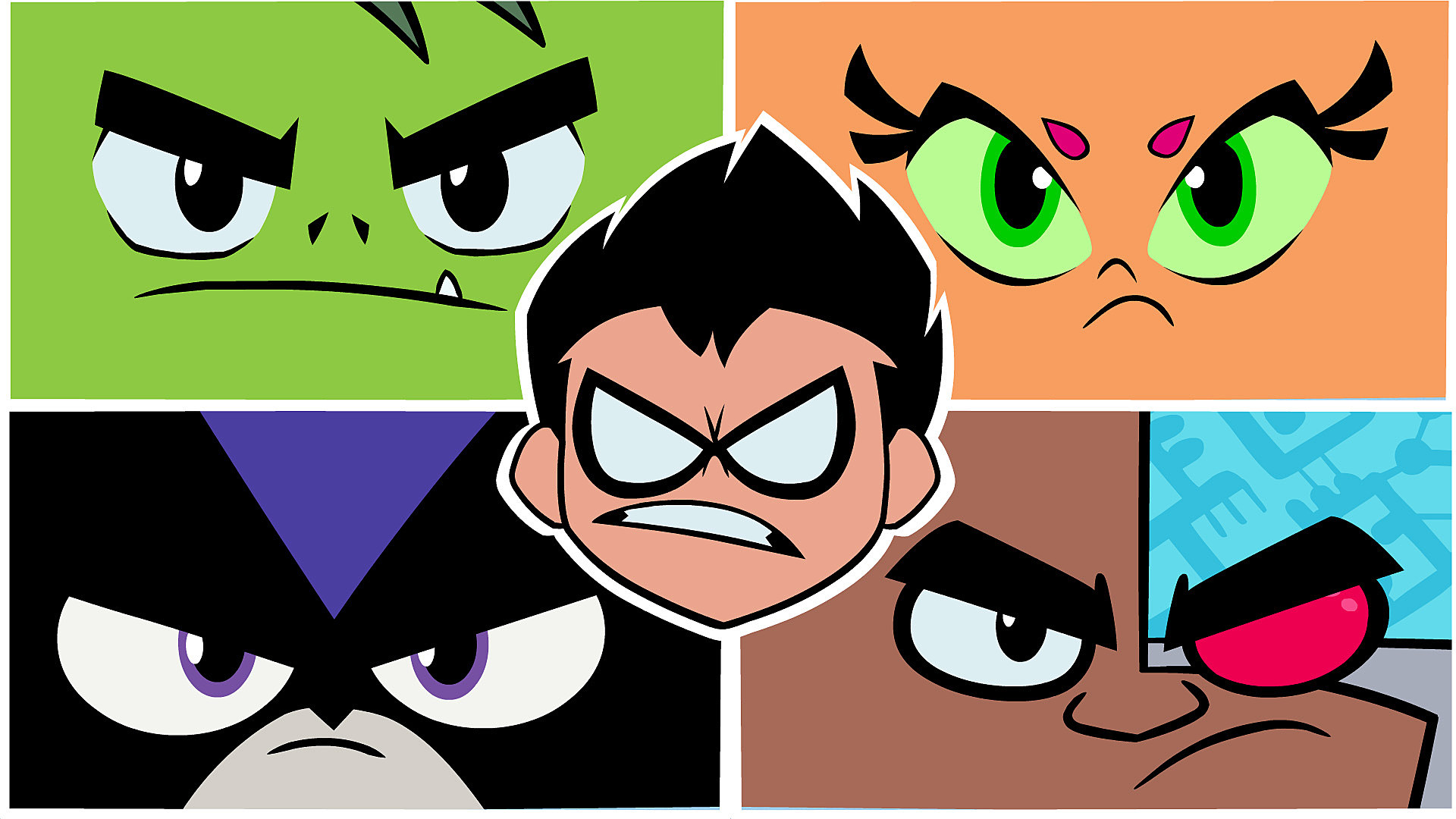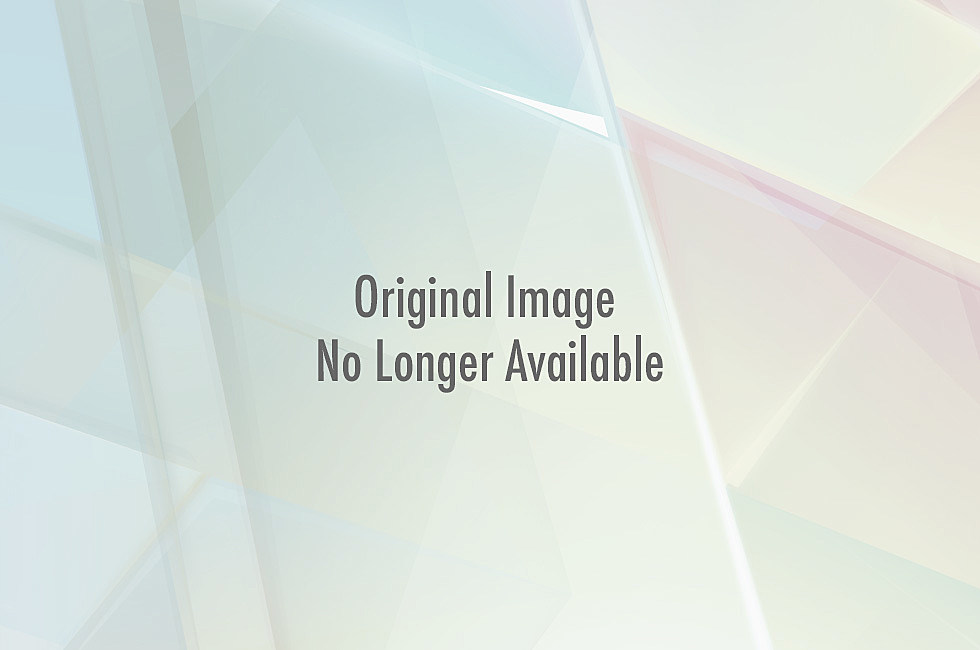The Amorality of Teen Titans Go
I had something else in mind for this weekly Robin, but today I saw reports of DC Comics’s plan to publish a Teen Titans Go comic book (the second of that name, the first being a spin-off its earlier Teen Titans cartoon). Comics Alliance says this will be a digital comic, taking advantage of ComiXology’s “guided-view” feature to create more page turns, before being printed in a standard magazine format. And I doubt I’ll be buying it.
Bleeding Cool’s article “Could Teen Titans GO! Be The Most Amoral Comic That DC Publishes?” echoes why I gave up on the show:
The problem is that in any episode featuring Robin, he comes across as egotistical, bossy, short-sighted, lazy, and otherwise less than heroic. And so do all of the other male Titans, and sometimes the females. We hardly ever see them do anything nice for each other, or for anyone else.
What’s worse, in that episode Robin does end crime and save the world, as the summary says. And the show depicts that as a bad thing. Robin becomes a middle-aged adult (always a bad sign) and dies in a hospital bed. Because, you know, kids love that stuff.
At his Batwatch site Jeremy Sims mixes up “amoral” and “immoral,” but recognizes the same problem:
As is to be expected, the cover of the first issue of the new comic book shows the Titans, particularly Beast Boy, eating.
Bleeding Cool’s article “Could Teen Titans GO! Be The Most Amoral Comic That DC Publishes?” echoes why I gave up on the show:
It’s actually quite vicious and surreal, often ending with all the Titans dead or permanently maimed. . . .I recognize the talent and imagination involved in these stories. For instance, when Robin gets superpowers, he also gains a Superman-style spit curl. The show doesn’t call attention to that detail, Superman himself never appears in this universe—it’s just a little touch for fans.
The most subversive episode is one where Robin decides he’s sick of being the only one without superpowers on the team because he has to work harder than everyone else. They tell him that superpowers are a curse. A CURSE! He will be forever a stranger, an outsider.
He insists he wants powers, so Raven gives him the gamut of powers, warning him he’ll live to regret it. NOPE. He goes off and solves all crime, ends world hunger and everything’s great. Except that means superheroes are out of a job. The team disbands. Robin has to find a crappy, boring 9 to 5 job. He toils at this job for the next 50 years until he falls over and ends up in the hospital on his death bed. . . .
The sheer amorality of the characters throughout the series is brilliant.
The problem is that in any episode featuring Robin, he comes across as egotistical, bossy, short-sighted, lazy, and otherwise less than heroic. And so do all of the other male Titans, and sometimes the females. We hardly ever see them do anything nice for each other, or for anyone else.
What’s worse, in that episode Robin does end crime and save the world, as the summary says. And the show depicts that as a bad thing. Robin becomes a middle-aged adult (always a bad sign) and dies in a hospital bed. Because, you know, kids love that stuff.
At his Batwatch site Jeremy Sims mixes up “amoral” and “immoral,” but recognizes the same problem:
I really enjoy Teen Titans Go! but I'm not sure that I would want my kids to watch it. The characters almost always act immorally and almost never suffer the consequences, and they are supposed to be heroes.As I groused back in June, “There is, as far as I can tell, almost no heroism in Teen Titans Go.” And the overarching theme of superhero stories, I think, is the nature of heroism in different circumstances. Teen Titans Go is no more concerned with heroism than the average Heckle and Jeckle cartoon.
As is to be expected, the cover of the first issue of the new comic book shows the Titans, particularly Beast Boy, eating.




No comments:
Post a Comment